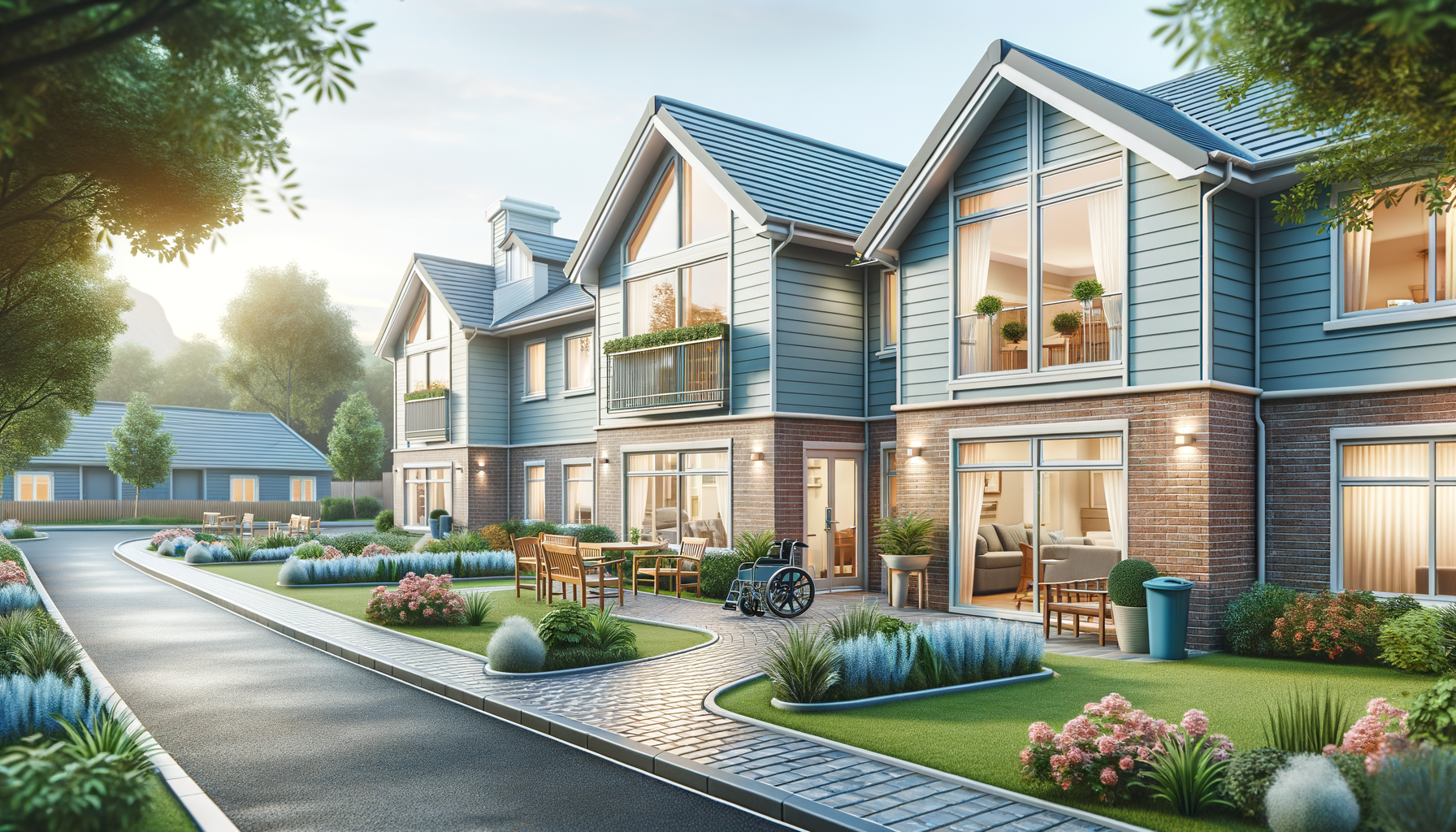Independent Living Communities
Independent living communities are designed for seniors who are self-sufficient but prefer the convenience of a community setting. These communities offer a variety of amenities such as housekeeping, dining services, and social activities. Residents typically live in private apartments or homes and have access to communal areas for socializing. This option is ideal for seniors who wish to maintain an active lifestyle without the burdens of home maintenance.
One of the key benefits of independent living is the sense of community it fosters. Seniors can participate in organized activities, which can help combat loneliness and promote mental well-being. Additionally, these communities often provide transportation services, making it easier for residents to attend appointments and run errands without relying on family members.
However, it is important to note that independent living does not provide medical or personal care services. Seniors who may require assistance with daily activities or have health concerns should consider other options. Overall, independent living communities offer a balance of independence and support, making them a popular choice among active seniors.
Assisted Living Facilities
Assisted living facilities cater to seniors who need help with daily activities but do not require the intensive medical care provided in nursing homes. These facilities offer assistance with tasks such as bathing, dressing, and medication management, while still promoting independence. Residents typically live in private or semi-private apartments and have access to communal dining and recreational areas.
Assisted living facilities provide a supportive environment where seniors can receive personalized care tailored to their needs. Staff members are available around the clock to ensure residents’ safety and well-being. Additionally, these facilities often organize social and recreational activities to keep residents engaged and active.
When considering assisted living, it is important to assess the level of care provided and ensure it aligns with the senior’s needs. Costs can vary significantly, so it is advisable to explore financial options and understand what is included in the fees. Overall, assisted living facilities offer a balanced approach to care, providing support while encouraging independence.
Memory Care Units
Memory care units are specialized facilities designed to support seniors with Alzheimer’s disease or other forms of dementia. These units provide a secure environment with structured routines and specialized staff trained in dementia care. The focus is on creating a safe and supportive atmosphere that minimizes confusion and anxiety for residents.
Memory care units offer personalized care plans tailored to each resident’s needs, including assistance with daily activities and medication management. The staff is trained to handle the unique challenges associated with memory loss, ensuring residents receive compassionate and understanding care. Additionally, these units often incorporate therapeutic activities designed to stimulate cognitive function and enhance quality of life.
When choosing a memory care unit, it is crucial to evaluate the facility’s approach to care and ensure it aligns with the senior’s needs. Safety features, such as secured entrances and exits, are essential to prevent wandering. Memory care units provide a specialized environment that supports seniors with memory impairments, offering peace of mind for families.
Nursing Homes
Nursing homes, also known as skilled nursing facilities, provide comprehensive care for seniors with significant medical needs. These facilities offer 24-hour supervision and medical care, making them suitable for individuals with chronic illnesses or those recovering from surgery or hospitalization. Residents receive personalized care plans that address their medical, social, and emotional needs.
Nursing homes employ a multidisciplinary team of healthcare professionals, including doctors, nurses, and therapists, to deliver high-quality care. Services often include physical therapy, occupational therapy, and speech therapy to aid in rehabilitation and recovery. Additionally, nursing homes offer social and recreational activities to promote engagement and well-being.
Choosing a nursing home requires careful consideration of the facility’s reputation, quality of care, and available services. It is important to visit potential facilities, speak with staff, and review inspection reports to ensure a safe and supportive environment. Nursing homes provide essential medical care and support for seniors with complex health needs, offering peace of mind for families.
Continuing Care Retirement Communities (CCRCs)
Continuing Care Retirement Communities (CCRCs) offer a comprehensive approach to senior living by providing a continuum of care services within one community. These communities typically include independent living, assisted living, and nursing home care, allowing residents to transition between levels of care as their needs change.
CCRCs offer a range of amenities and services, including dining options, housekeeping, and recreational activities. Residents can enjoy an active and engaging lifestyle while knowing that additional care is available if needed. This model of care provides stability and peace of mind, as seniors do not have to relocate to a new facility if their care needs increase.
When considering a CCRC, it is important to understand the financial commitment involved, as these communities often require an entrance fee in addition to monthly fees. It is advisable to review contracts carefully and consult with financial advisors to ensure the arrangement aligns with long-term goals. CCRCs offer a flexible and supportive environment, making them an attractive option for seniors seeking a comprehensive care solution.




Leave a Reply